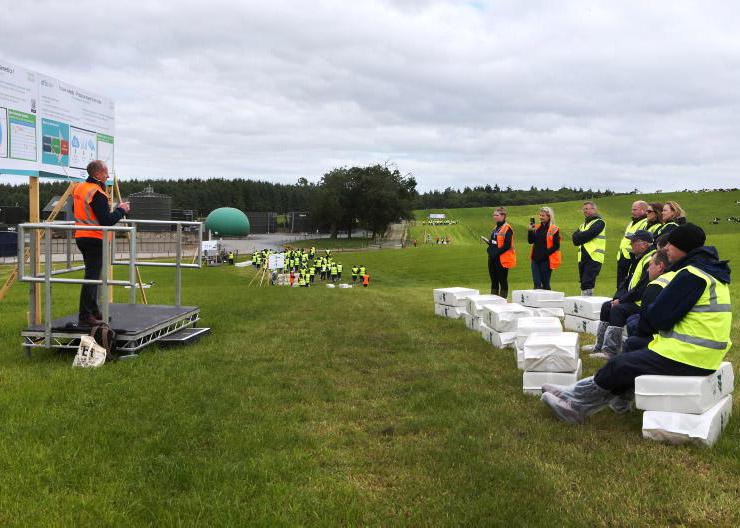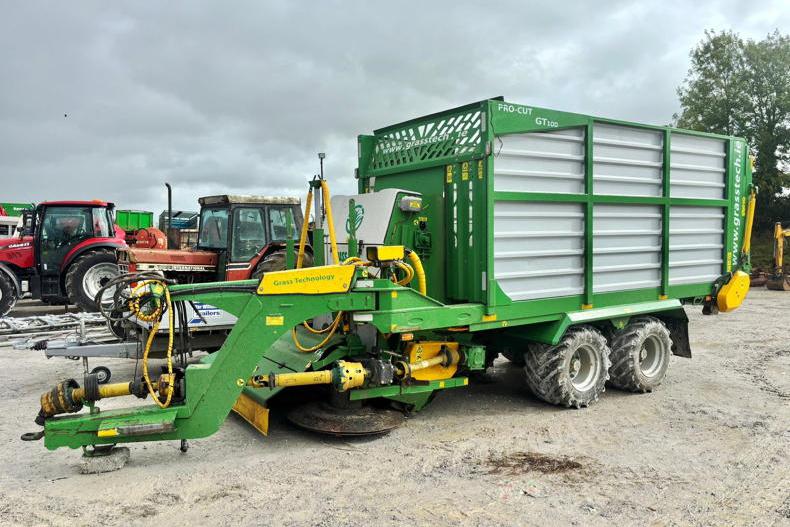A study conducted in Hillsborough, Co Down has found dairy cows that were offered zero-grazed grass performed better than those fed multi-cut silage.
The experiment at the Agri Food and Biosciences Institute (AFBI) involved 36 mid-lactation Holstein cows being offered either zero-grazed grass, which was harvested daily, or silage, which was made on a weekly basis.
Forage was harvested from mid-June to early September and the baled silage that was made was left to ferment for five weeks before being fed. Cows on both treatments were also offered 8kg of concentrates.
“Milk yield was greater for cows offered zero-grazed grass compared to cows offered ensiled forage harvested from the same sward at the same growth stage,” the AFBI researchers concluded.
The results of the trial, which have been published in the scientific journal Animal, show that zero-grazed cows had an average daily milk yield of 29.1 litres, whereas cows on the silage treatment averaged 27.1 litres.
Milk solids
Although milk-fat concentration was unaffected by forage type, the zero-grazed group had higher milk protein concentration, milk solids yield and energy-corrected milk yield.
“This was likely driven by greater dry matter intake of cows offered fresh grass, especially in the latter part of the season. Lower intakes of silages, particularly later in the season, are likely to reflect the lower dry matter content of the herbage ensiled,” the research paper reads.
Dry matter
The AFBI researchers state that the results highlight the “practical challenges” of wilting grass to a suitable dry matter for making silage from August onwards.
For example, in the first seven weeks of the 12-week trial, silage dry matter averaged 30%, but this dropped to 23% across the final five weeks.
However, factors other than cow performance also need to be considered when deciding how to feed cows in a fully housed system, with a key issue being labour.
“Harvesting and ensiling grass on a number of occasions throughout the season requires less labour and less time spent on grassland management,” the AFBI researchers stated.









SHARING OPTIONS